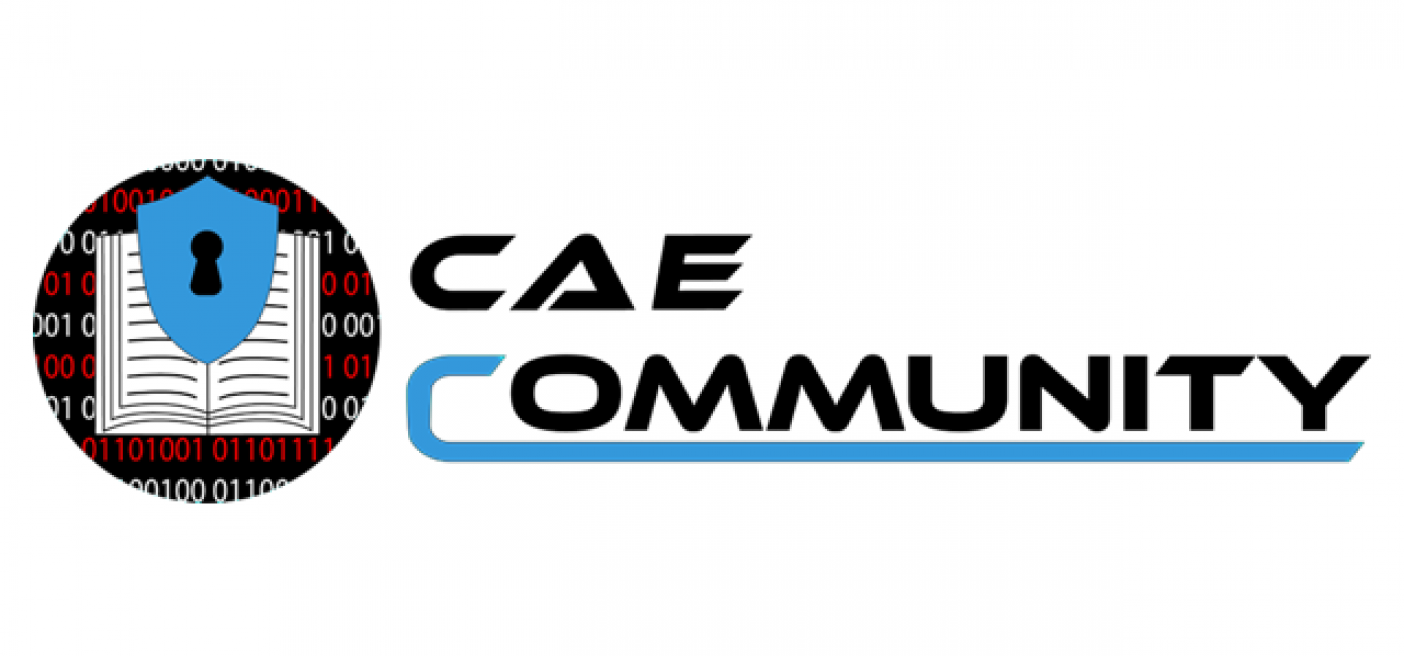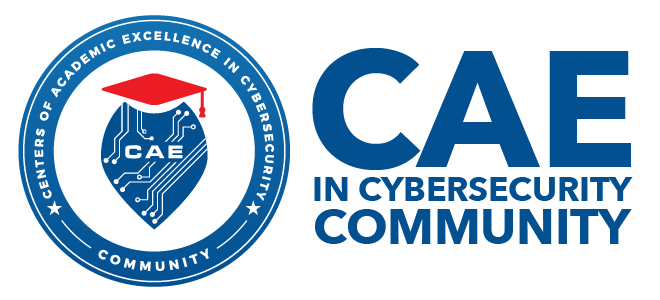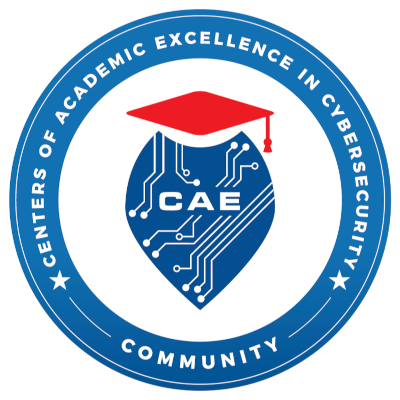
THIS IS A REVISION OF NSF 15-575, THE SOLICITATION FOR THE SECURE AND TRUSTWORTHY CYBERSPACE (SATC) PROGRAM
SYNOPSIS OF PROGRAM:
The goals of the Secure and Trustworthy Cyberspace (SaTC) program are aligned with the Federal Cybersecurity Research and Development Strategic Plan (RDSP) and the National Privacy Research Strategy (NPRS) to protect and preserve the growing social and economic benefits of cyber systems while ensuring security and privacy. The RDSP identified six areas critical to successful cybersecurity R&D: (1) scientific foundations; (2) risk management; (3) human aspects; (4) transitioning successful research into practice; (5) workforce development; and (6) enhancing the research infrastructure. The NPRS, which complements the RDSP, identifies a framework for privacy research, anchored in characterizing privacy expectations, understanding privacy violations, engineering privacy-protecting systems, and recovering from privacy violations. In alignment with the objectives in both strategic plans, the SaTC program takes an interdisciplinary, comprehensive and holistic approach to cybersecurity research, development, and education, and encourages the transition of promising research ideas into practice.
The SaTC program welcomes proposals that address cybersecurity and privacy, and draw on expertise in one or more of these areas: computing, communication and information sciences; engineering; economics; education; mathematics; statistics; and social and behavioral sciences. Proposals that advance the field of cybersecurity and privacy within a single discipline or interdisciplinary efforts that span multiple disciplines are both encouraged.
Proposals may be submitted in one of the following three project size classes:
Small projects: up to $500,000 in total budget, with durations of up to three years;
Medium projects: $500,001 to $1,200,000 in total budget, with durations of up to four years;
Large projects: $1,200,001 to $3,000,000 in total budget, with durations of up to five years.
In addition to the project size classes, proposals must be submitted pursuant to one of the following designations, each of which may have additional restrictions and administrative obligations as specified in this program solicitation.
CORE: The main focus of the SaTC research program, spanning the interests of NSF's Directorates for Computer and Information Science and Engineering (CISE), Engineering (ENG), Mathematical and Physical Sciences (MPS), and Social, Behavioral and Economic Sciences (SBE). Interdisciplinary proposals are welcomed to CORE.
EDU: The Education (EDU) designation will be used to label proposals focusing entirely on cybersecurity education. Note that proposals that are designated as EDU have budgets limited to $300,000 and durations of up to two years.
STARSS: The Secure, Trustworthy, Assured and Resilient Semiconductors and Systems (STARSS) designation will be used to label proposals that are submitted to the joint program focused on hardware security with the Semiconductor Research Corporation (SRC). The STARSS designation may only be used for Small proposals. This designation has additional administrative obligations.
TTP: The Transition to Practice (TTP) designation will be used to label proposals that are focused exclusively on transitioning existing research results to practice. The TTP designation may only be used for Small and Medium proposals.
AWARD INFORMATION:
Anticipated Type of Award: Standard Grant or Continuing Grant
Estimated Number of Awards: 88
In FY 2017, NSF anticipates approximately 10 Education awards, 50 Small awards, 25 Medium awards and 3 Large awards.
Anticipated Funding Amount: $68,300,000 per year, dependent on the availability of funds.
Who May Submit Proposals:
Proposals may only be submitted by the following:
Universities and Colleges - Universities and two- and four-year colleges (including community colleges) accredited in, and having a campus located in, the US acting on behalf of their faculty members. Such organizations also are referred to as academic institutions.
Non-profit, non-academic organizations: Independent museums, observatories, research labs, professional societies and similar organizations in the U.S. associated with educational or research activities.
Due Dates
Submission Window Date(s) (due by 5 p.m. submitter's local time):
LARGE Projects
October 12, 2016 - October 19, 201
October 12 - October 19, Annually Thereafter
MEDIUM Projects
October 12, 2016 - October 19, 2016
October 12 - October 19, Annually Thereafter
SMALL Projects
November 02, 2016 - November 16, 2016
November 2 - November 16, Annually Thereafter
CYBERSECURITY EDUCATION Projects
December 01, 2016 - December 15, 2016
December 1 - December 15, Annually Thereafter
FURTHER INFORMATION CAN BE FOUND HERE:
HTTP://WWW.NSF.GOV/PUBS/2016/NSF16580/NSF16580.HTM?WT.MC_ID=USNSF_25&WT....

